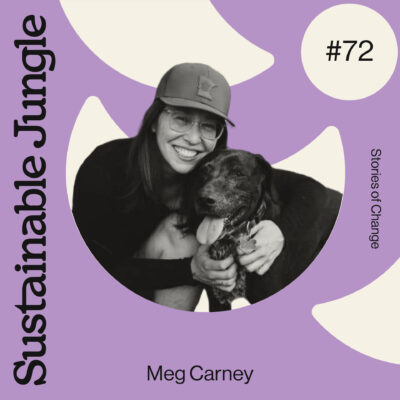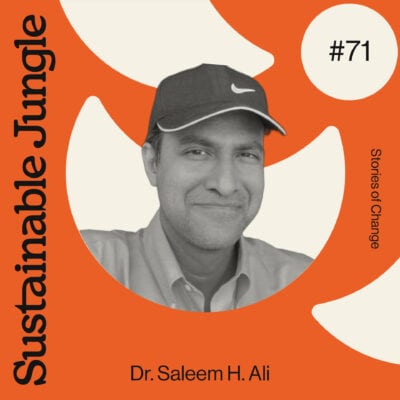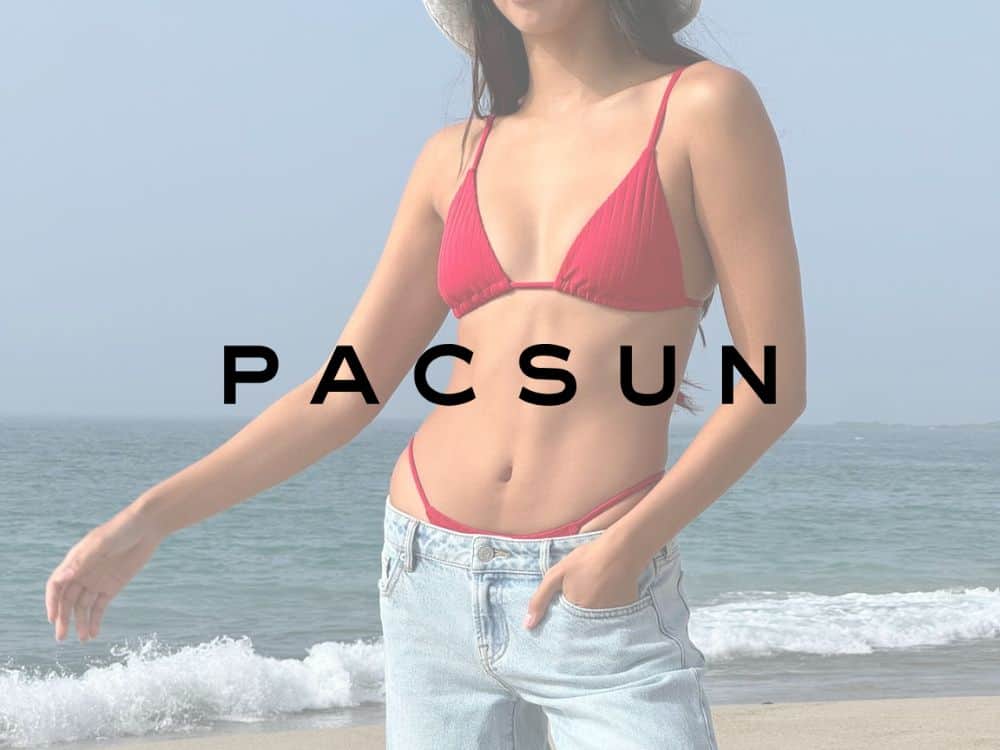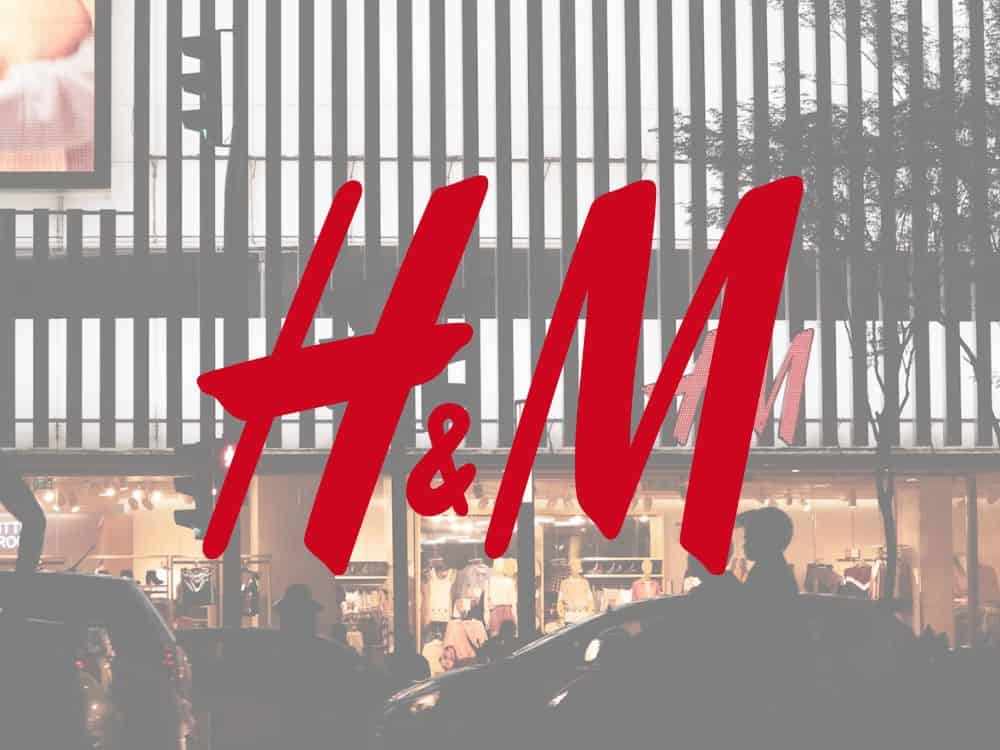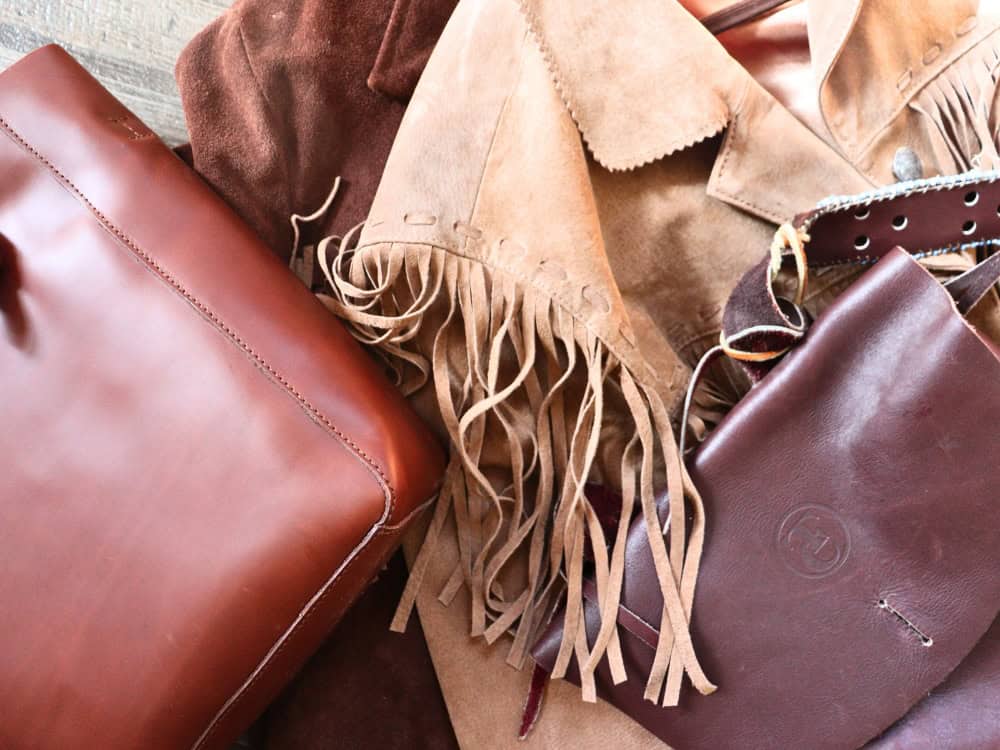WIth its iconic California-cool history rooted in street, skate, and surf culture, PacSun was the go-to shop for teens to get the latest surf-inspired garb. As PacSun clothing continues to make waves four decades after founding, we want to know if Pacun ethics are as good as their good-vibe styles and stores purport.
More recently, they’ve drifted away from sunny surf culture towards sleek and modern streetwear. Followed by collabs with the likes of Kanye West, the Jenner sisters, Been Trill, Billabong, Vans, and the highly coveted Fear of God “Essentials” label, it’s indicative that the beach and board short days have paved the way for urban youth culture.
The mostly teen market adores this shop for its high quality street merch and often pay well above typical fast fashion prices for it. So is Pacsun fast fashion or not?
Well, as we’ve seen in the past, above fast fashion prices from brands like PacSun and Free People doesn’t mitigate the cost of their operations paid through exploitation of workers and the environment. Let’s un-Pac the truth behind this laid-back label.
Contents: Is Pacsun Sustainable & Ethical?
- Uncovering Why PacSun Is Fast Fashion Jump to section
- PacSun Controversy Roundup Jump to section
- PacSun Ethical Issues Are Unknown Jump to section
- PacSun Sustainability Is Not So Sunny Jump to section
Uncovering Why PacSun Is Fast Fashion
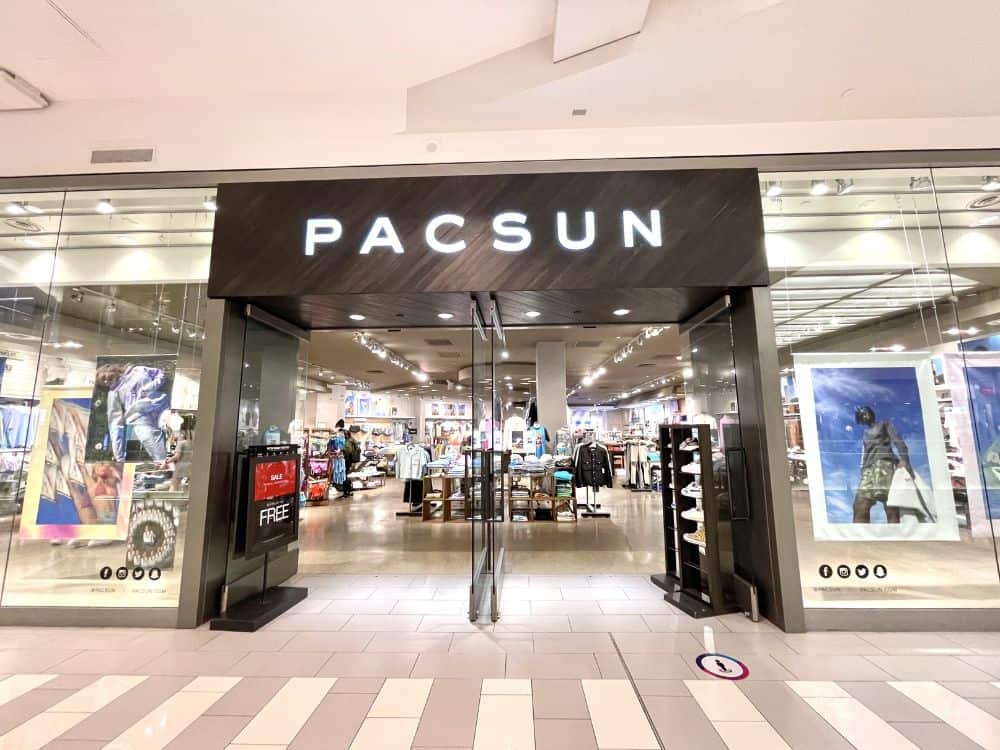
Founded in 1982, the popular American retail clothing label Pacsun has remained a go-to destination for youth and teens for decades, selling “it” clothes, shoes, and accessories to anchor the label as THE youth-oriented street culture hotspot. While Millennials may fondly remember their surf-hut styled stores in every American shopping mall, its glory days are far from over.
Even after facing bankruptcy in 2016, the brand has bounced back and managed to stay ahead of the curve as the number one “cool kid” brand, up there with Supreme, Palace, and Yeezy.
They sold over $900 million worth of merchandise in 2021, had online sales in February 2024 worth over $33 million, and today features over 325 stores across the US and Puerto Rico.
But with all that money coming in, is PacSun ethical when it comes to mitigating the impact of their wares? Or are they simply riding the tide of fast fashion?
Unfortunately, proud announcements like “Shopping’s even EASIER now!” with thousands of weekly online new arrivals, a bare minimum code of conduct, and no traceable or transparent information about PacSun brand’s supply chain indicates that, yes, PacSun is fast fashion.
Despite the brand now trying to position itself among eco-friendly brands—a la a new PacCares section adorned with slogans like “Be the Change”, a Sustainability Shop that “results in a better tomorrow”, and well-publicized PS Reserve resale platform—there’s no evidence of any real free-wheelin’ street-stylin’ steps in the right direction.
They provide no greenhouse gas emissions reduction target, steps to reduce harmful chemicals, or any kind of consumer-facing annual report with measurable and traceable environmental and ethical targets.
In other words, room for PacSun’s improvement is bigger than their latest overpriced, oversized greenwashed streetwear.
PacSun Controversy Roundup

Compared to their fast fashion compatriots at Urban Outfitters or Dolls Kill, PacSun has remained fairly scandal-free since its inception. That’s likely because they closet their practices under such a cloak of secrecy that we simply have no idea if they use Uyghur forced labor, for example, or whether or not their factories have a history of child labor.
Bankruptcy
In 2016, PacSun went bankrupt under Chapter 11 bankruptcy in the US, due to large occupancy costs and maturing debt. This was followed by the cancellation of its auctions and the retailer’s stocks plummeted—down to just 10 cents per share, versus $2.50 a year prior.
PacSun then announced its restructuring plan with the help of Golden Gate Capital, to go from being a publicly traded company to a private one, while receiving investments of $20 million from GGC, along with a $100-million dollar credit line from Wells Fargo. Given that the internet was awash with “RIP PacSun” sentiments at the time, it’s pretty remarkable they managed to continue to rise the ranks as one of the premier destinations for youth culture.
In the end, it was PacSun shareholders who ate the dirt, with consumers and executive teams continuing to thrive amidst a now-privately held company. They managed to also keep all stores open, even expanding that same year and soon merging with Eddie Bauer, also owned by GGC, to form PSEB in 2018.
Upside Down Flag T-Shirt
In a collaboration gone wrong with rapper A$AP Rocky, PacSun launched a t-shirt with a black and white upside down American flag over Memorial Day weekend in 2015. Droves of customers took to social media over the holiday, outraged about how the graphic on the shirt was “disrespectful,” “disgusting” and “insulting,” because an upside-down flag is an unofficial signal of distress, as per the official U.S. Flag Code.
In a statement on Facebook to their 2M+ followers, PacSun said it was immediately removing the shirt from its website and store locations “out of respect for those who have put their lives on the line for our country”.
AI Robot Influencer Criticisms
In an effort to stay relevant with youth of today, PacSun selected AI-generated CGI avatar model Lil Miquela as the brand ambassador for their 2022 Back to School Campaign, which was met by enormous backlash.
Many questioned what it said about the brand that it was unwilling or unable to find a real woman to become its newest ambassador: “They could have chosen a woman in real life to be their ‘female advocate’ but instead chose a CGI personality who is probably ran by a team of 10 guys,” one person tweeted.
Another wrote: “Yes, let’s use a fake person to model real clothes, that will be digitally altered to fit perfectly on the fake model, and never ever look the same on an actual human. Yes, that is how we’ll sell clothing and be relatable as a brand.”
“Study after study shows social media’s negative influence on young girls’ mental health. They now introduced a CGI generated, impossibly perfect young girl for them to model their look after. This is disgusting,” pointed out another.
While PacSun was reached out to for comment on the controversy, nothing was ever released.
Brandy Melville Collab
Controversial single-size-fits-all brand Brandy Melville and Pacsun fell in hot water over their collaboration in light of an Insider report detailing allegations of exploitation and racism at Brandy Melville.
PacSun was “deeply troubled by the allegations raised, as the conduct described runs fully counter to Pacsun’s values,” a brand spokesperson told Insider in an emailed statement. “We are taking this matter very seriously and looking into the situation to make a determination on next steps.”
“People don’t realize how corrupt this company is. It’s a disgusting company, and the company needs to be shut down,” a BM employee confidentially said. Leaked screenshots of Brandy Melville executives exchanging racist and antisemitic jokes in a group chat included a photo in which founder Stephan Marsan edited his face onto Hitler’s body.
Meanwhile, Pacsun has continued its partnership as the exclusive Brandy Melville wholesaler in the US, which it has done since 2011.
Design Theft
It’s a grim fast fashion fact that art theft is darn near a staple practice in the industry. But because these kinds of court cases can be so costly to pursue, oftentimes artists go without any compensation and the big guys are essentially given the green-light of indie design highway robbery.
One of the more noted art thefts of PacSun was from Portland, Oregon-based artist Sam Larson in March 2024. Sam’s Instagram account highlights the blatant rip-off.
Wage Theft
This complaint alleged that a worker worked on-call hours and was unpaid properly as per state law, making PacSun guilty of wage theft.
A common (and highly unethical) retail practice is something called “on call” working, where retailers can “skirt” paying employees while keeping them on-call to work. As New York Attorney General Eric Schneiderman said in an interview, “People should not have to keep the day open, arrange for child care, and give up other opportunities without being compensated for their time.”
But California’s pay requirement states that an employee must be paid for half of their scheduled work day, even if that employee ends up not being put to work. Since this debacle, PacSun decided in 2016 to do away with on-call work shifts.
Poor Reviews
At the very least, is PacSun a good brand to its customers?
Well, the internet seems to have spoken with SiteJabber giving the brand a measly 1.5 stars out of 5 and TrustPilot giving the brand just a 1.3 stars out of 5. Each of these sites allows users to post reviews based on service, value, shipping, returns, and quality.
The extent of upset reviews, poor customer service, missing items, long delivery times, and even accusations of scams is eye-opening, especially since most poor reviews come with documented evidence from the buyer.
PacSun Ethical Issues Are Unknown
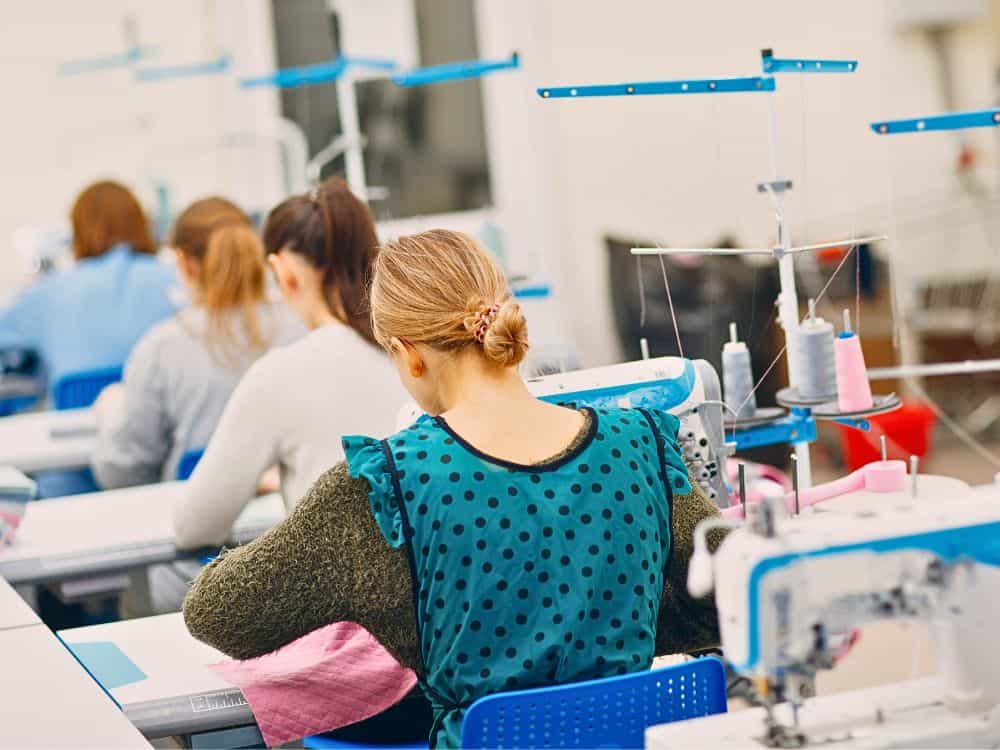
Transparency
To be blunt, this brand provides zero transparency, nor do they publish reports to set targets and track progress towards ethical improvements. The only thing we have to go off is a very limited Social Responsibility page on their website, which outlines barely the bare minimum in terms of suppliers, codes of conduct, working conditions, and wages. They provide zero evidence that any of this vague jargon is being met.
We don’t even vaguely know where PacSun clothes are made. It says it uses WRAP and SA8000 to conduct regular audits, but with no public-facing information about their factories, findings, or wages, we can only assume the worst.
Given the brand’s messaging about wanting to “inspire and bring about positive development in our local and global communities,” this is evidently mere lip service to generate sales from well-meaning teen shoppers.
Diversity, Equity, & Inclusion
While its PacCares label claims to be “Inspiring positive development, one style at a time. Change your look. Change the world”, there is no proof of diversity and inclusion in both its supply chain and direct operations.
While it supports charities like Stem to the Future, Legal Defense Fund, Girl Up, and Born This Way Foundation, the whole scheme is more of a marketing gimmick to make PacSun seem like they care while really they do the bare minimum to support their communities or these charities. For example, Stem to the Future motivates youth of color to help tackle solutions to issues like climate change, public safety, and poverty.
But is PacSun legit in their commitment to these causes? If they were, wouldn’t the first step then be for PacSun to become truly environmentally-friendly and ethical in their sourcing, manufacturing, packaging, and shipping?
At the time of writing, the PacCares section that supports these organizations had just TWENTY items for sale for women, while their women’s new arrivals section featured over 1000 items, and their entire women’s section included 9,822 items.
Animal Welfare
There’s no evidence PacSun even has the bare minimum—an animal welfare policy—let alone proof that it meets the expectations of such a policy. While they don’t appear to use fur, down, exotic animal skin or hair, or angora, there’s no evidence that it traces any of its animal products—leather and wool, which are notorious industries for animal cruelty—to their source.
PacSun Sustainability Is Not So Sunny

Materials
Their website says: “Do Good, Look Good—that’s our motto, our mission, and our mantra. PacSun’s sustainability collection is wholly focused on creating sustainable, eco-friendly products that are made from a blend of recycled and organic materials.”
Meanwhile, this sustainability line features minimal items with fabrics made of 40%+ virgin plastic, their denim is “sustainably sourced” with zero certification or clarification of what that even means, and their organic clothing is both uncertified and often comes blended with other non-organic fabrics.
Circularity
While the brand recently launched a pilot-project of sustainable clothing, offers a resale line of Pacsun clothing called PS Reserve, and joined brands like Levi’s in the the Blue Jeans Go Green initiative for recycling jeans, we can by no means call this brand sustainable.
Their resale platform seems more a way to market overpriced deadstock items than actually taking a circular approach to fashion, and they provide no evidence of minimizing textile waste in their supply chain, while following an inherently unsustainable fast fashion model of rapid trend cycles.
Climate Commitments
Pacsun shows no proof (let alone interest) in reducing greenhouse gas emissions or hazardous chemicals throughout their supply chain.
Unfortunately, this brand is a masterpiece of street-smart opacity and greenwashing, as they continue to create ineffective pilot projects that essentially cut corners to seem more sustainable than they really are: “Encouraged by a sense of wonder and desire for a deeper meaning, we seek to introduce products that are devoted to the protection of Mother Earth and highlight our journey to a more sustainable future.”
And while we appreciate this sentiment, PacSun has a few spins around the globe to go until this brand can be considered an ethical or sustainable fashion brand.
